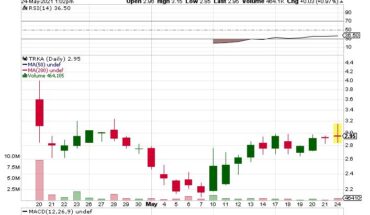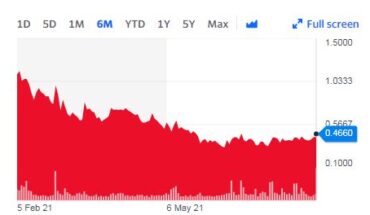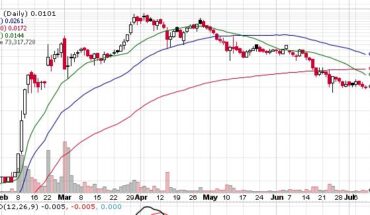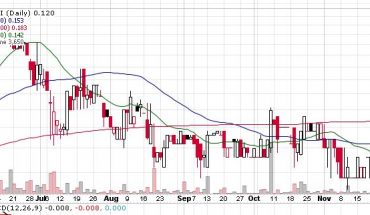H-Cyte Inc (OTCMKTS: HCYT) today announced the publication of its scientific observational revision labeled “Longitudinal Calculation of FEV1 Alteration Succeeding Autologous Cellular Therapy.”
Study published in the peer-reviewed Journal of Regenerative Medicine & Biology Research
The revision, published in the peer-reviewed Journal of Regenerative Medicine & Biology Research, narrates the company’s ground-breaking autologous conduct. It settles that patients experienced a statistically noteworthy enhancement in lung function at both three months and 12 months (FEV1 % predicted) and excellence of life (CCQ score) post usage.
Robert Greif, H-CYTE Chief Executive Officer, stated, “I’m satisfied to announce the publishing of this clinically important real-world statistics relating to our autologous action aimed at refining lung health. In the previous and prior to my joining the company, we supposed patients were seeing expressive enhancement in lung function, but we were not in the situation to enumerate that enhancement.”
Robert Greif continued, “With the publishing of this contemporary appraised study, we gain palpable data, firming the fundamental basis of our present processes, while permitting us to better comprise and perform our policy going forward. We look forward to leveraging this optimistic data, along with more projected to come, to build maintainable stockholder value.”
The study enmeshed 281 partakers with COPD (chronic obstructive pulmonary disease)
The study, which concerned 281 applicants with COPD (chronic obstructive pulmonary disease), established that 23% of patients saw an enhancement in their lung function by at least 15% from baseline at three months post-treatment (FEV1 measures), and 29% of patients saw the same enhancement at 12 months post-treatment. At three months and 12 months post-treatment, 64% and 67% of partakers correspondingly felt a noteworthy superiority of life enhancement. All partakers have borne the process well, and there were no reportable opposing or unforeseen events.
All applicants were able to stay on their doctor-recommended medicines to cope with their COPD. The statistics came from a visibly authenticated patient databank.




